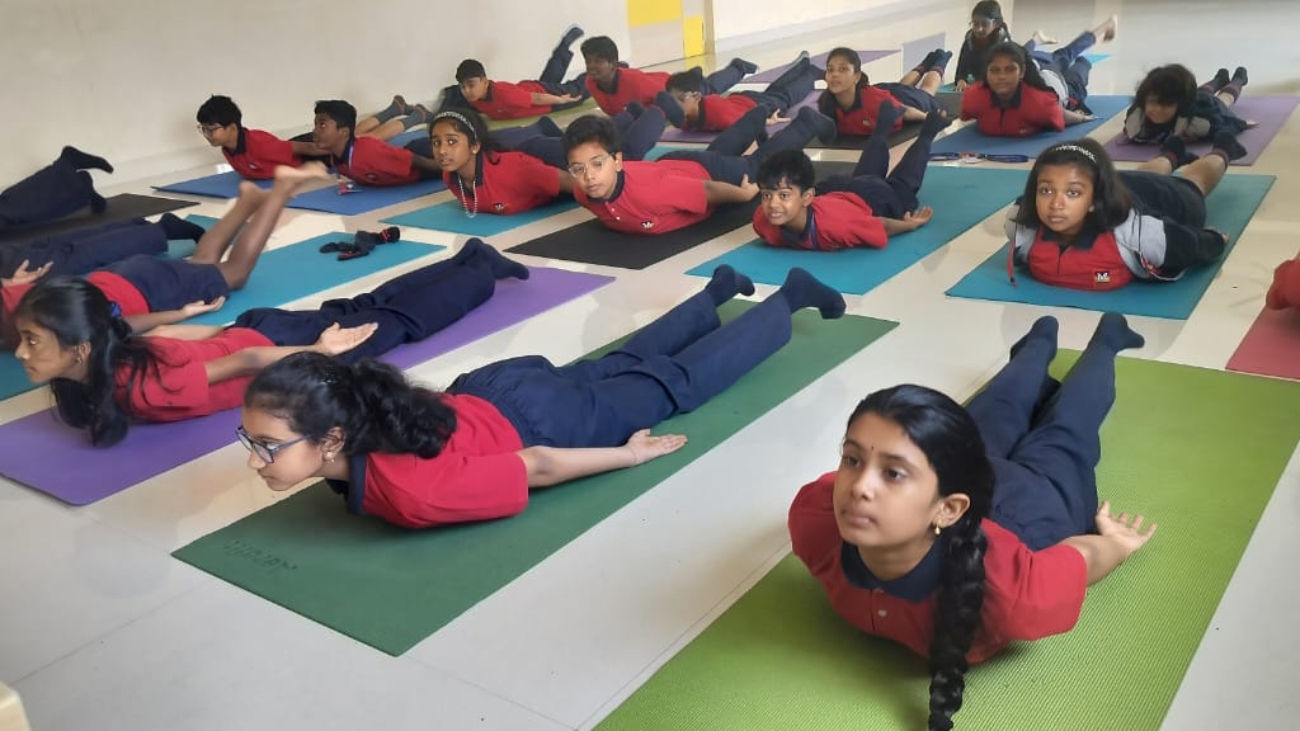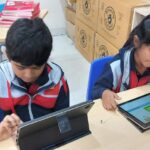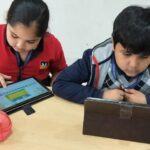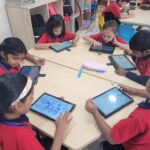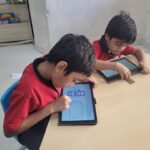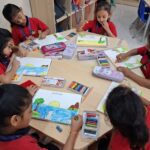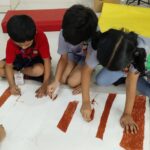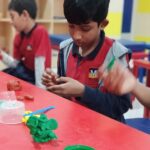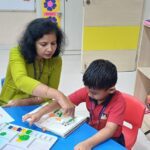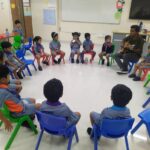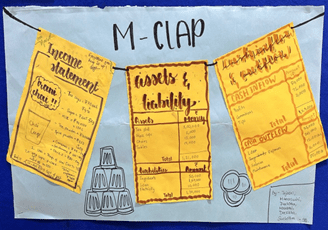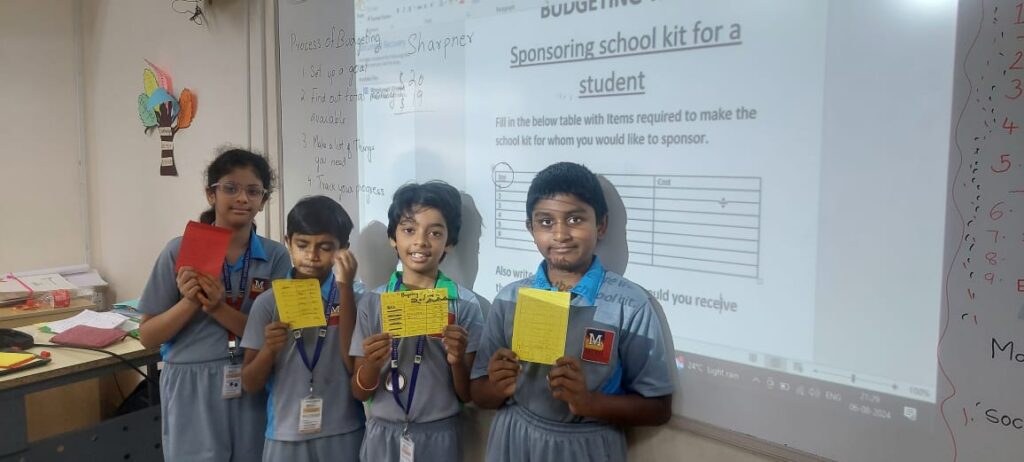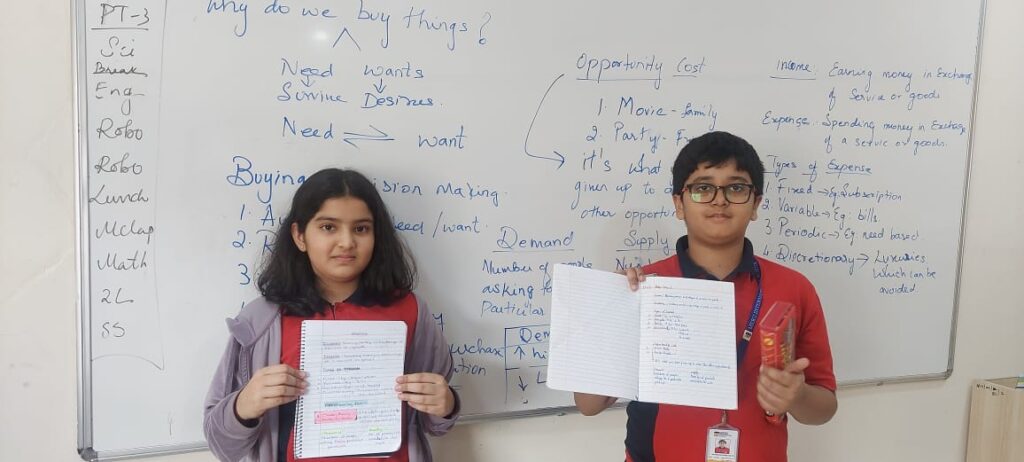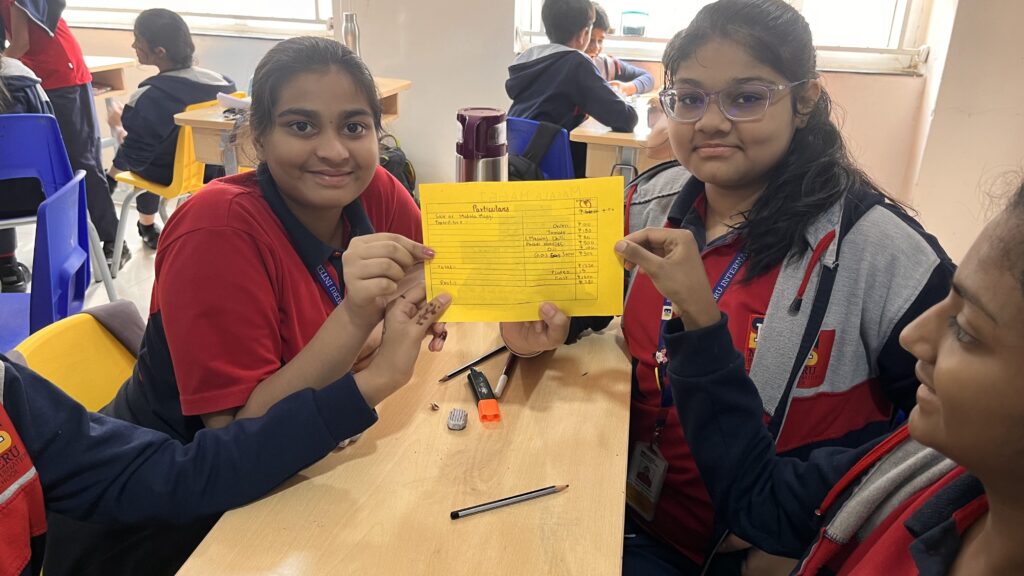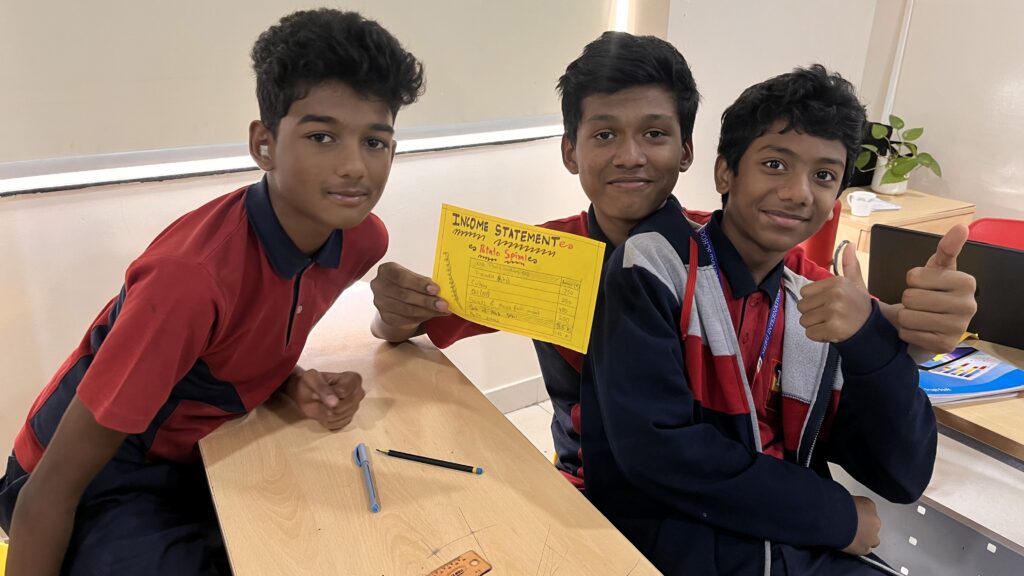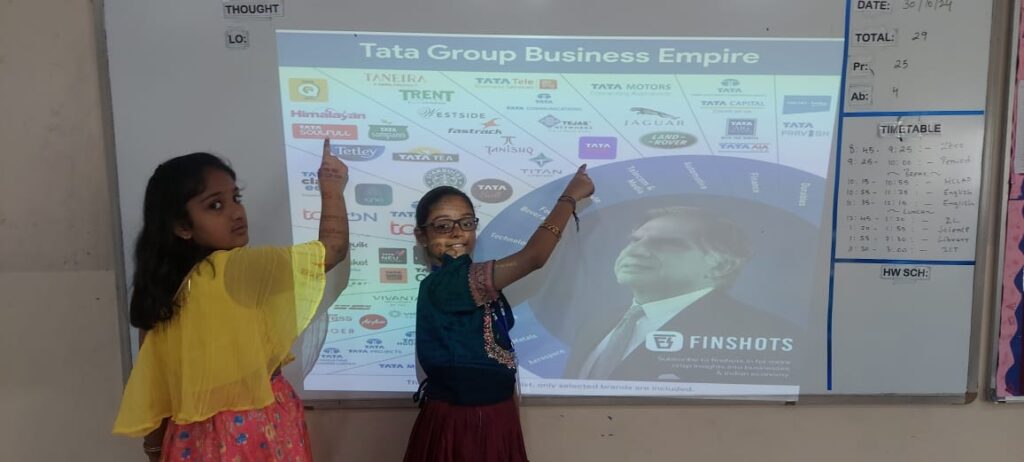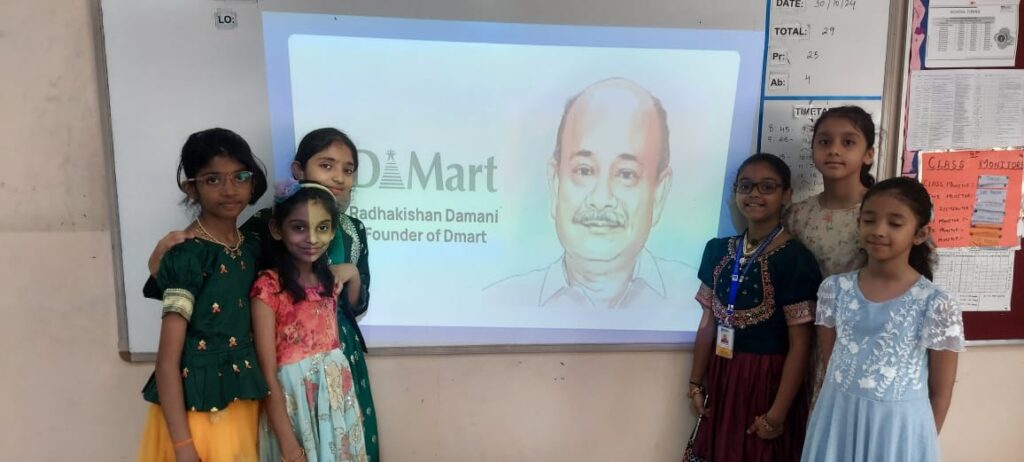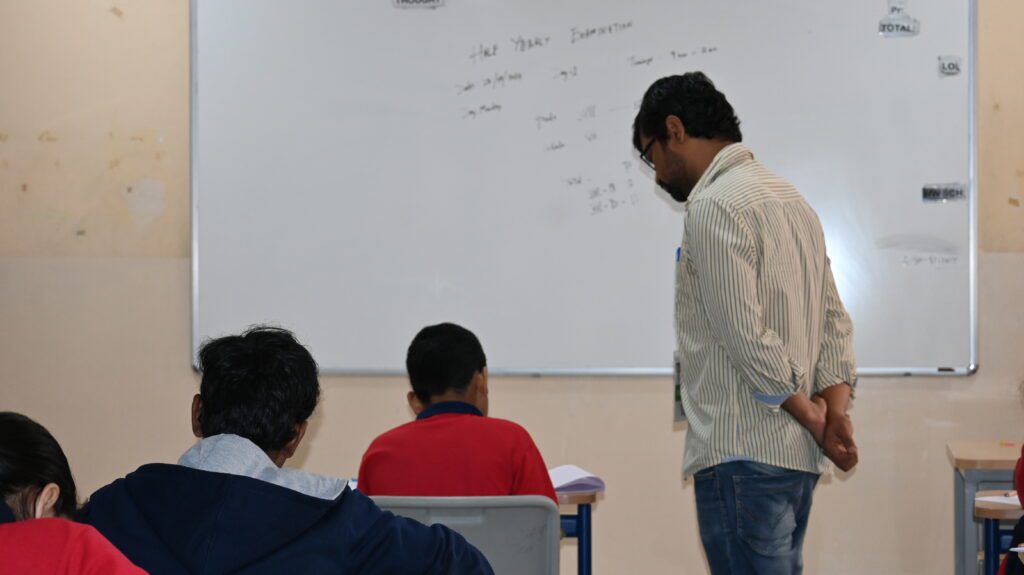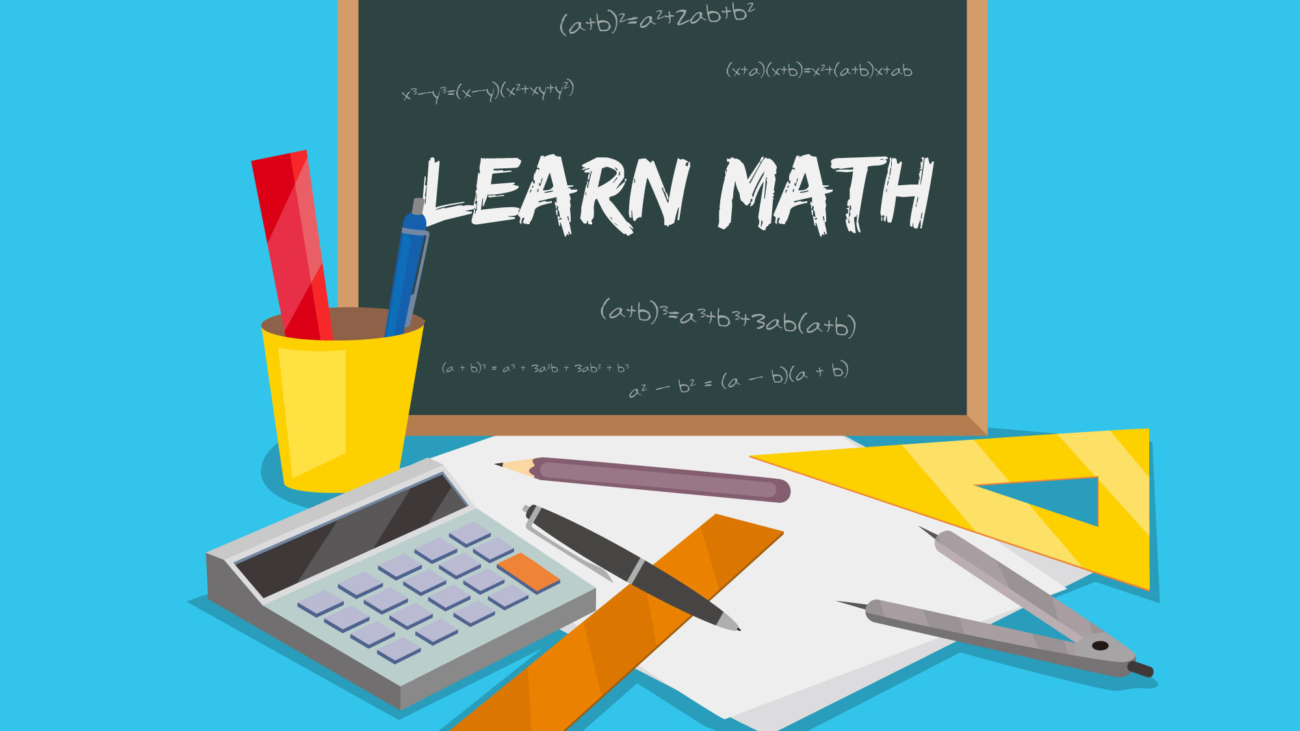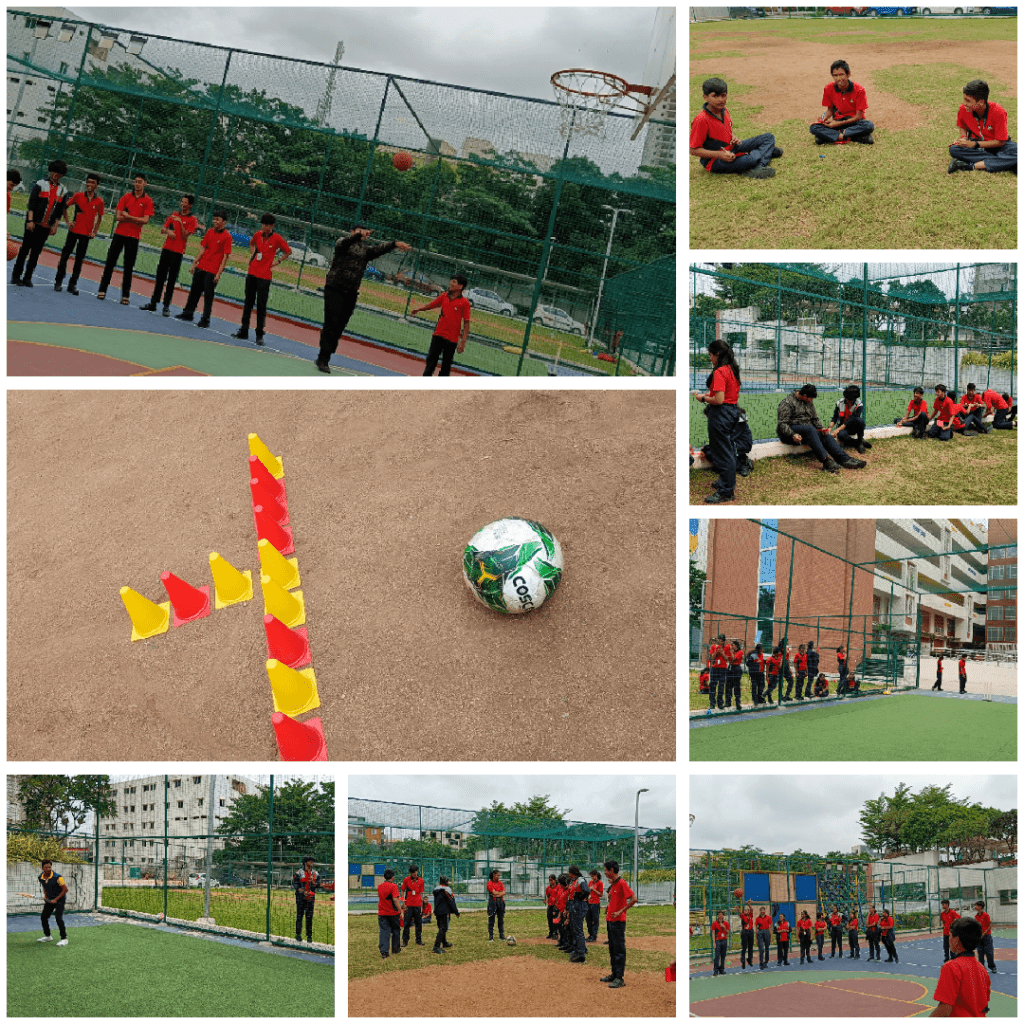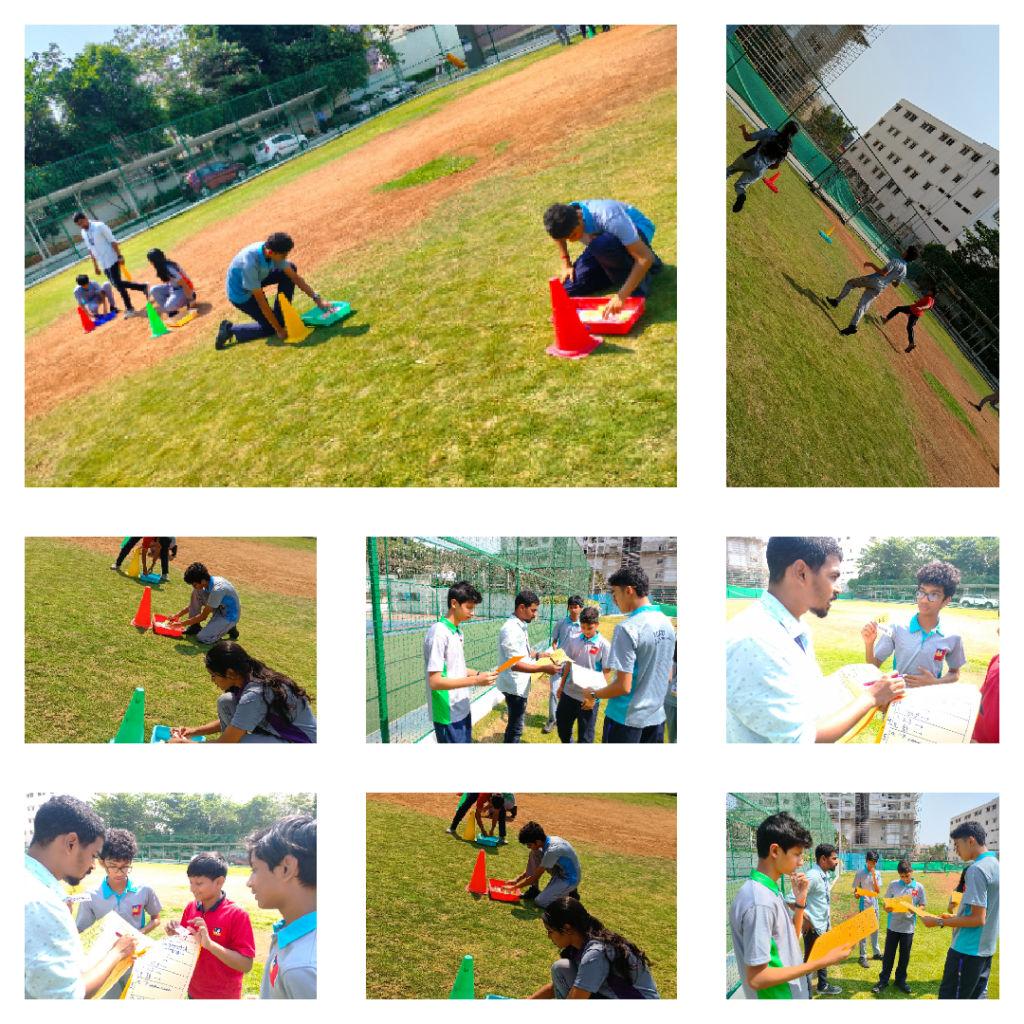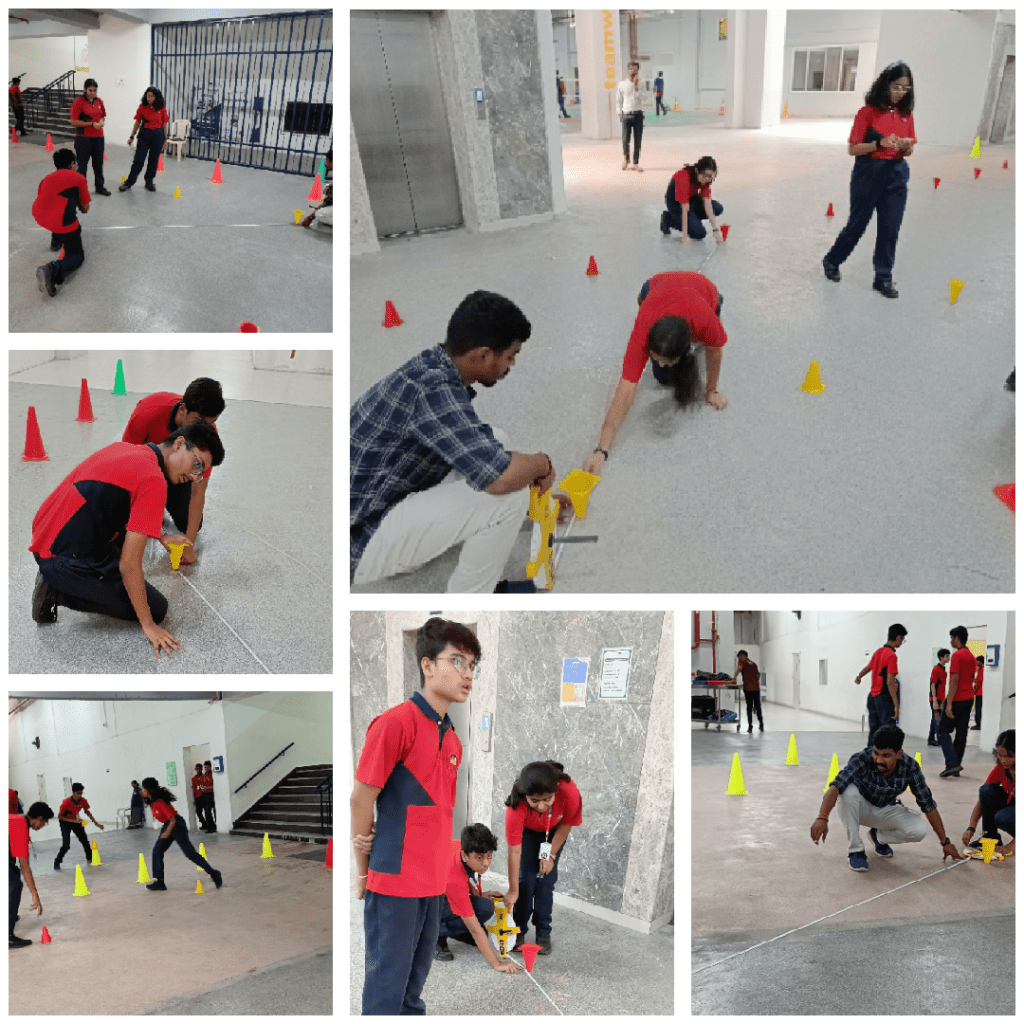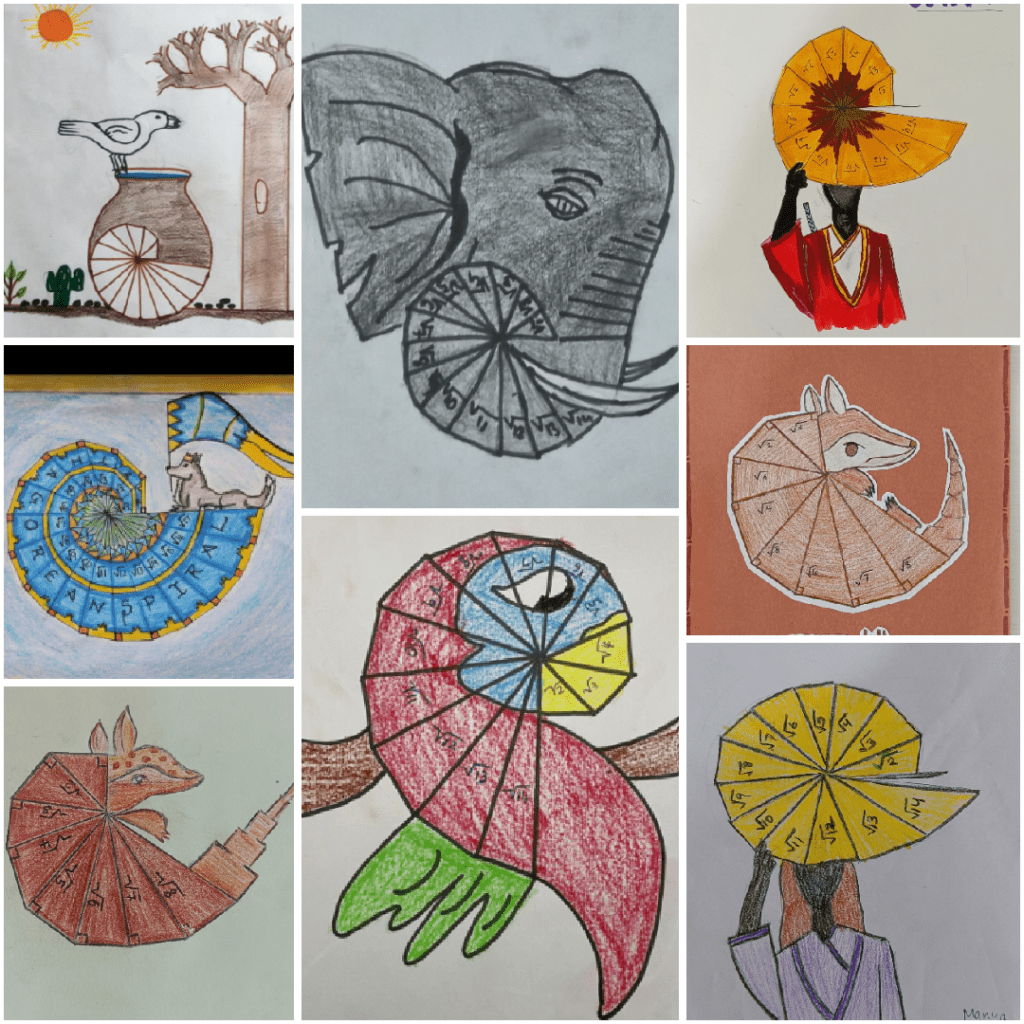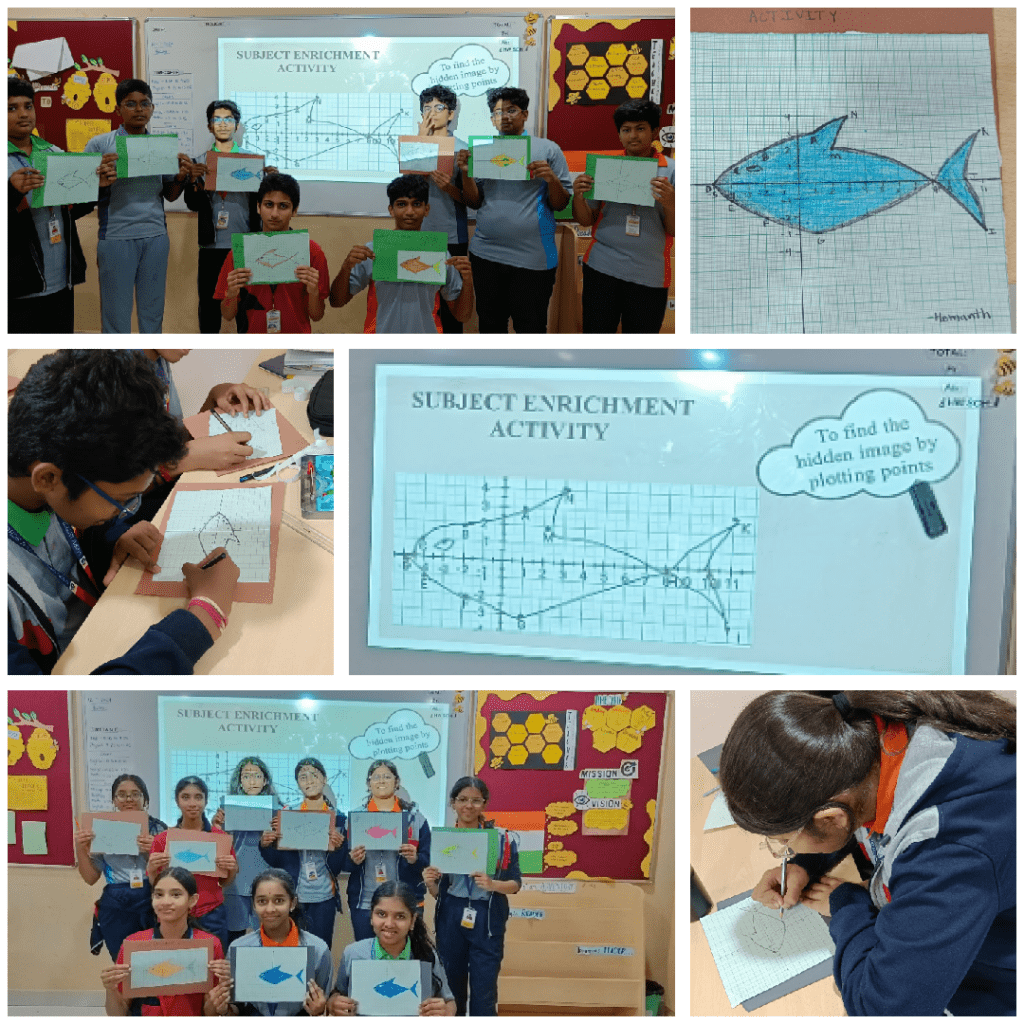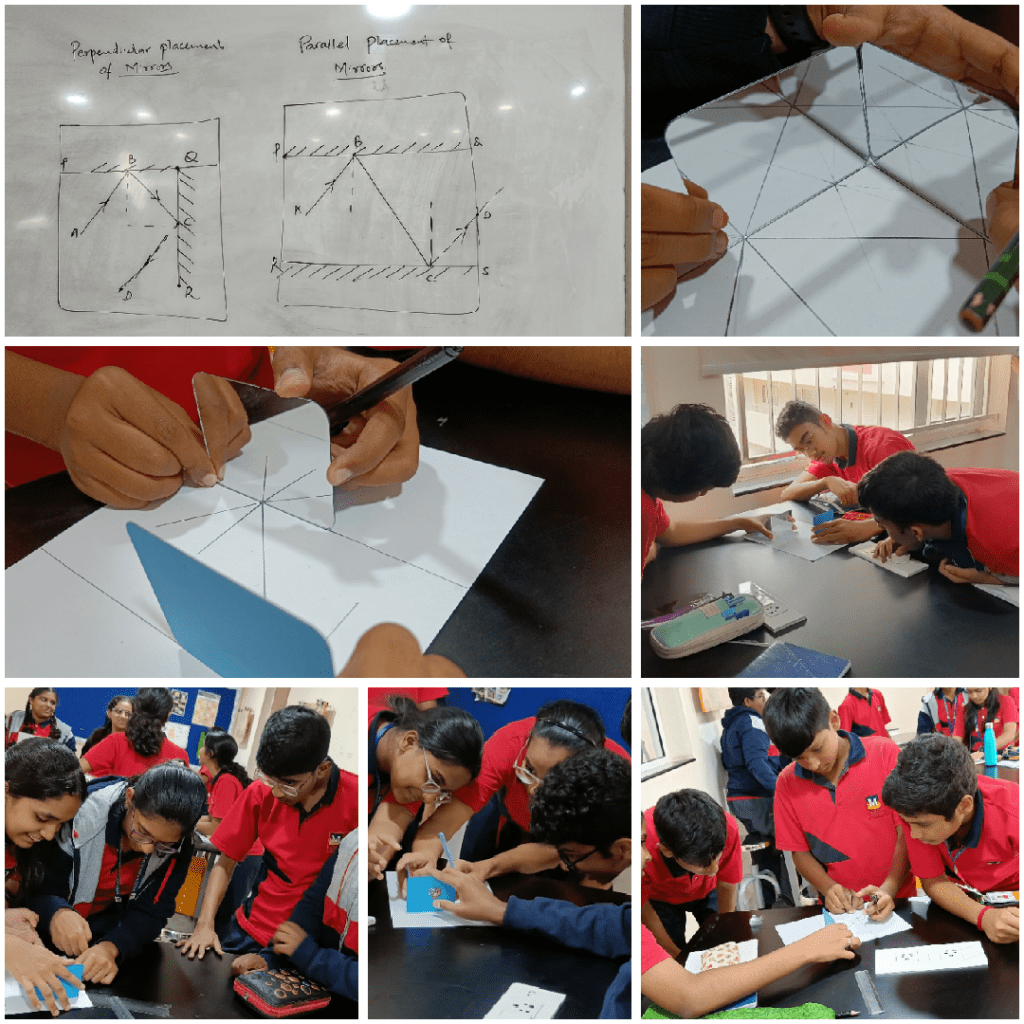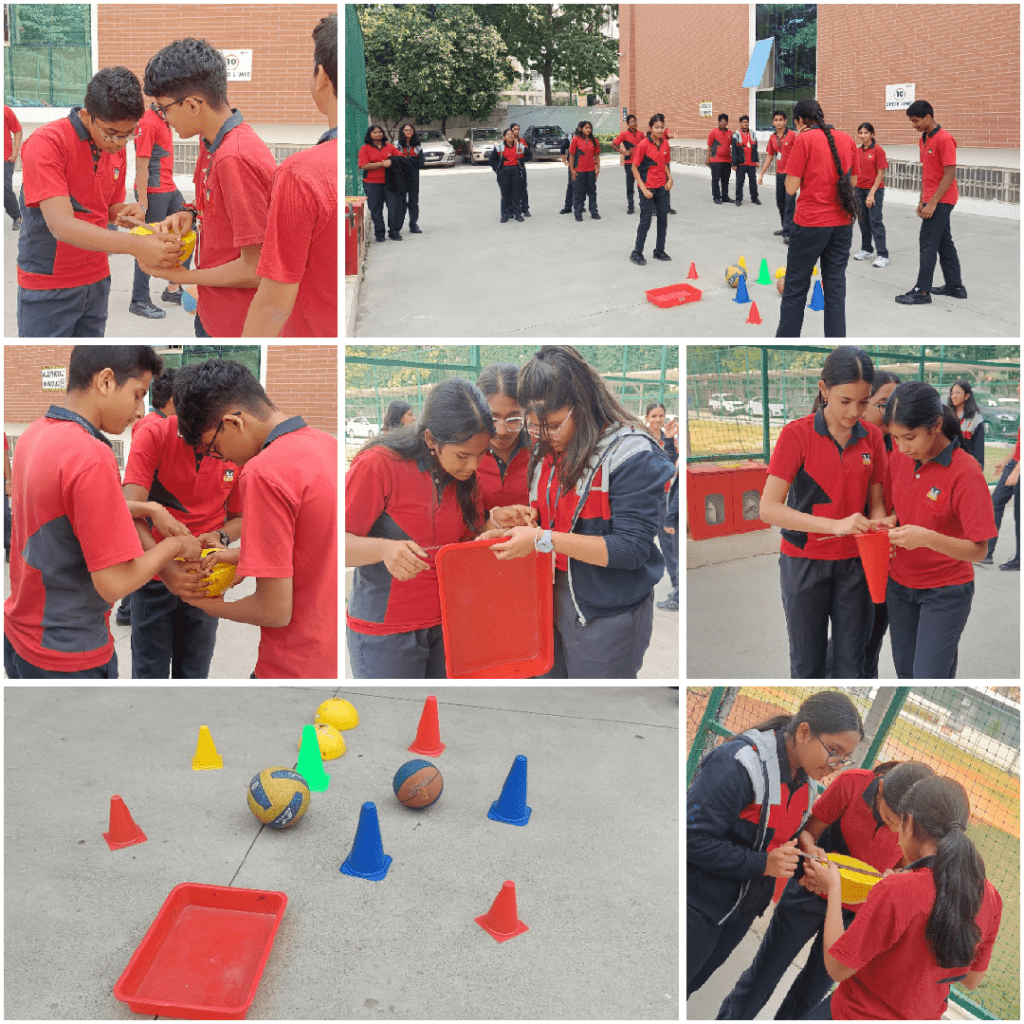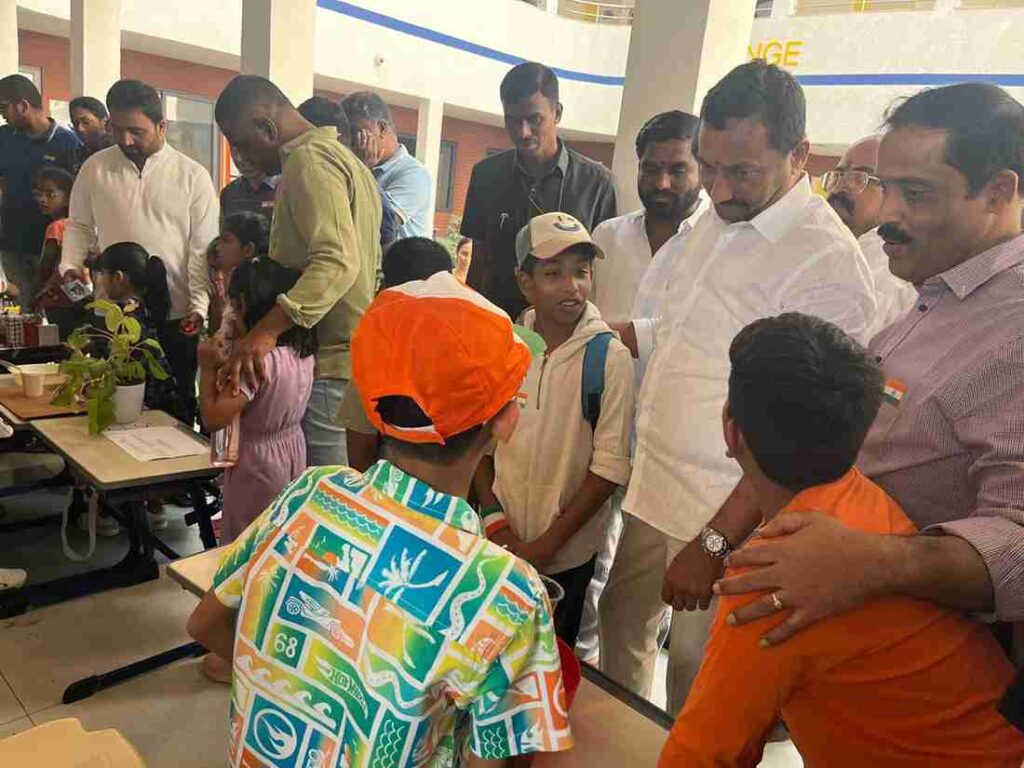Beyond Academics: Holistic Education for Young Minds
In today’s dynamic world, education must go beyond academics to include values, emotional well-being, technology skills, and creativity. Introducing these elements from early childhood to Primary ensures children grow into confident, well-rounded individuals ready to face life’s challenges.
The Importance of Values Education
Values are the foundation for ethical decision-making and understanding right from wrong. Instilled early, they form lifelong habits that shape character. For instance, teaching empathy fosters compassion and care, while promoting responsibility and positive relationships. Values education builds a sense of belonging, helping children grow into conscientious members of society.
Emotional Intelligence and Balance
Emotional intelligence equips children to manage emotions, handle stress, and form meaningful relationships. Teaching emotional balance from a young age provides skills to navigate life’s ups and downs effectively.
- Understanding and Expressing Emotions
Interactive methods like Holding mudras from Yoga and Natya shastra, storytelling, games, and role-play help younger children recognize and express emotions. Activities such as drawing happy or sad faces make learning engaging. - Coping Skills
Older children (grades 3–5) benefit from mindfulness, deep breathing, journaling, and problem-solving techniques to manage stress. Role-playing social scenarios can build communication and empathy. - Modeling Emotional Regulation
Adults, including teachers and parents, play a key role by demonstrating emotional resilience and calmness during challenges, setting a powerful example for children to follow.
Technology Skills for the Future
In today’s digital age, teaching children responsible technology use ensures they become ethical digital citizens.
- Building Digital Literacy
For younger children, educational apps and games make learning fun. Older children can develop essential skills like typing, coding, and safe internet navigation. - Online Safety
Teaching online privacy, the risks of cyberbullying, and managing screen time helps children use technology wisely. - Reinforcing Values with Technology
Digital projects on kindness, teamwork, or environmental conservation blend tech skills with important life lessons, emphasizing the ethical use of technology.
Nurturing Creativity Through Arts
Visual and performing arts are vital for emotional well-being, self-expression, and social growth. They foster creativity, coordination, and teamwork, contributing to holistic development.
- Visual Arts
Activities like drawing, painting, and sculpting develop creativity, problem-solving skills, and emotional balance by offering a therapeutic outlet for feelings.
- Music
Singing, playing instruments, and rhythm activities enhance memory, focus, and emotional expression. Music promotes teamwork and discipline through group performances.
- Dance
Dance improves physical coordination, creativity, and confidence while serving as a healthy outlet for stress and energy.
- Drama
Drama fosters creativity, collaboration, and empathy by encouraging children to step into different characters. It also builds public speaking skills and self-expression.

